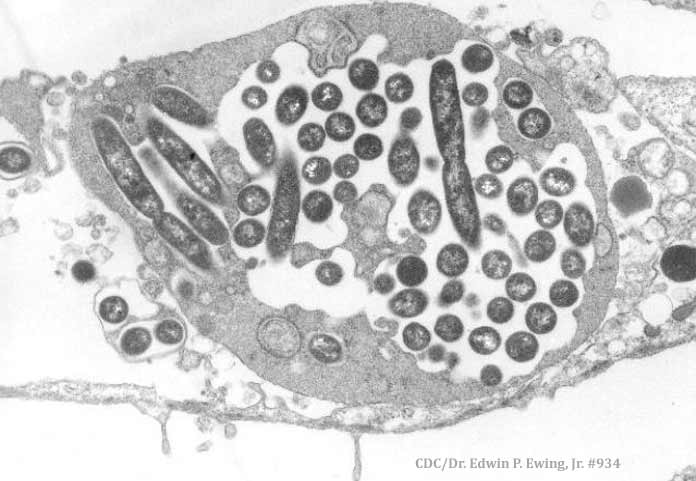Florida Hospital Orlando has announced that it is currently flushing its water system after high levels of Legionella bacteria were confirmed on January 13th following a Florida Department of Health analysis.
Although hospital officials state that there are no current patients with Legionnaires’ disease at the facility, the investigation of the water system was triggered after a patient tested positive for Legionella late last year.
The hospital, citing patient privacy laws, will not disclose whether or not the patient died from Legionnaires’ disease. Officials have stated that since the strain of Legionella found in its water system does not match that for which this patient tested positive, it is uncertain whether the illness was acquired at the hospital. Its epidemiologist, Dr. Vincent Hsu, told the news media that there have been no cases of nosocomial (hospital-acquired) Legionnaires’ disease at Florida Hospital Orlando “in recent history.”1
When Legionnaires’ Disease Strikes in Hospitals
Scientific research has warned, almost from the time Legionnaires’ Disease was first diagnosed 40 years ago, that the illness poses a serious threat to hospital patients – most of whom have immune systems that are already weakened by the illnesses which brought them to hospital in the first place. Transplant patients, cancer patients, and patients who are elderly, smokers, or have underlying lung / respiratory conditions are particularly at risk.
Yet these studies also state that the potentially fatal disease is eminently preventable:
“Routine environmental culturing of hospital water even in the absence of known cases is a proactive approach for prevention of hospital-acquired Legionnaires’ disease.”2
And yet almost every month we hear of a hospital that has tested for and isolated dangerous levels of Legionella pneumonia bacteria in its water supply only after patients have contracted the illness.
Sources:
1) Miller, Naseem S. “Florida Hospital Orlando flushes water system after positive Legionella tests.” Orlando Sentinel. Web. 21 Jan. 2016.
2) Lin YE, Stout JE and Yu VL. “Prevention of Hospital-Acquired Legionellosis.” Curr Opin Infect Dis. 2011. 24(4):350-6.
